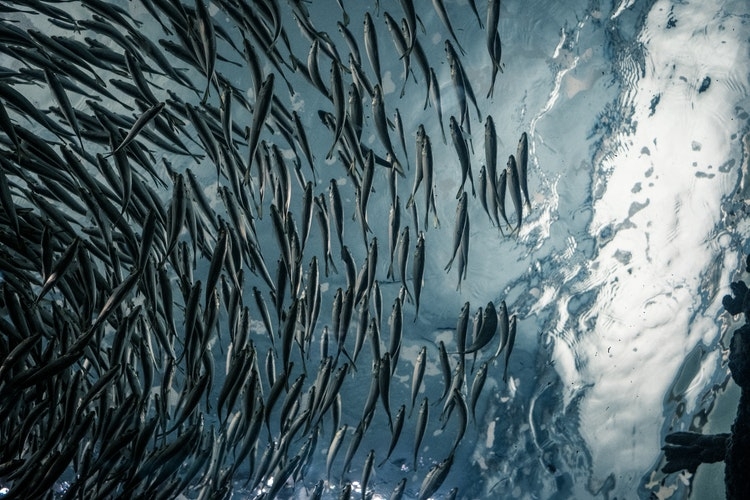International aid for fisheries declines by 30 percent

A new study has highlighted the decline in financial aid to fisheries in developing countries.
The researchers, from UBC and the Stockholm Resilience Centre, analysed aid data from the OECD between 2010-2015. They found that while overall aid increased by 13% to $133 billion, the proportion of this going to fisheries actually declined by 30 percent. In addition, projects focusing on climate issues in fisheries saw a 77 percent decline.
“These findings are out of alignment with recent international commitments, including the Sustainable Development Goals”, says the study published in the journal Marine Policy.
In particular, Oceania’s development aid towards combating climate issues in fisheries fell by 44 percent. This figure is notable given how vulnerable small island states are to climate impacts and the central importance that fisheries play to these economies.
Co-author Colette Wabnitz said at a recent talk:
"Sustainable fisheries make good economic sense not only as a source of employment and regular catches, but also because of their nutritional value...Investments in small-scale, sustainable fisheries enhance climate change resilience and give vulnerable communities access to healthy food while preserving traditional diets."
The study identifies a number of key reasons why aid has fallen in these areas: risk aversion among donors; redirection to other sectors impacted by climate change, and to some extent fisheries being left out of decision-making procedures.
To combat this problem, the researchers recommended raising the profile of fisheries to better align the sector with international commitments. This could improve the economic opportunities and sustainable use of marine ecosystems.
Robert Blasiak, post-doctoral researcher at the Stockholm Resilience Centre, said:
"Tremendous advances in modelling have made it possible to identify countries that will be particularly vulnerable to climate change impacts. Science is enabling practical action to prioritize the most vulnerable areas, in line with stated international commitments. Fisheries are at the nexus of health, nutrition, livelihoods, and economic security, if aid can help to get fisheries ‘right’, the positive impacts will extend into lots of areas."
If you’d like to stay informed on the latest updates in aid and development, please sign up to the AIDF newsletter.
Image Credit: Lance Anderson.















